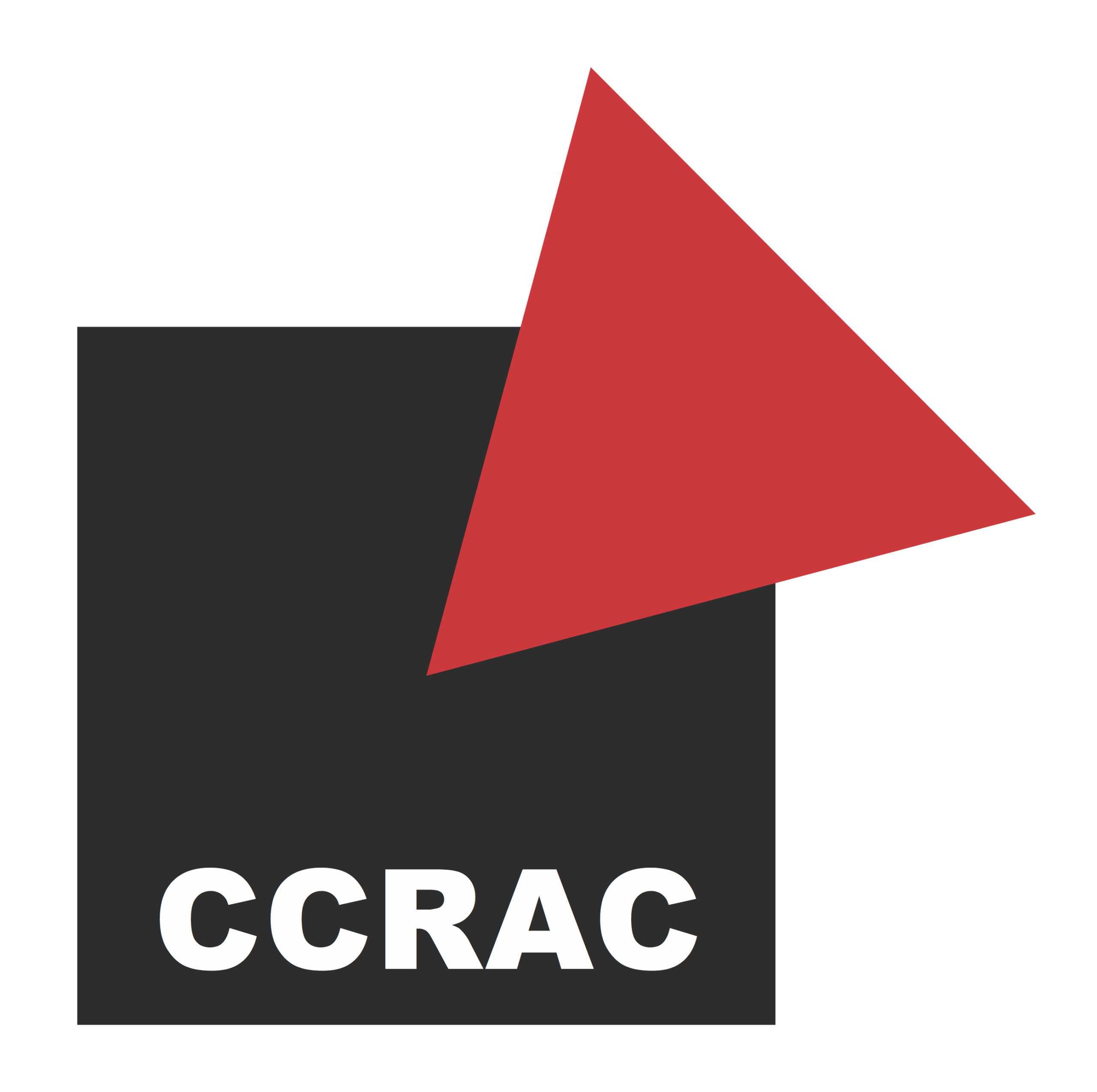
21 May 2011
Kenneth Clark Lecture Theatre, The Courtauld Institute of Art
Speakers
Robin Aizlewood (UCL School of Slavonic and East European Studies), Lutz Becker (film-maker, curator), Daniel Bird (University of Sheffield), Natalia Budanova (The Courtauld Institute of Art), Dr Muireann Maguire (University of Oxford), Professor John Milner (The Courtauld Institute of Art), Professor Brandon Taylor (University of Southampton)
Organisers
Drs Maria Kokkori and Maria Mileeva (The Courtauld Institute of Art)
Conference Summary
The utopian intellectual tradition has a long history that some trace back to Plato’s Republic, even though most scholars consider Thomas More’s Utopia as the definitive starting point of modern utopian thought in the Western world. Utopia comes from the Greek ου (no) and τóπος (place) and implies both the no place and the (eutopos) good place; the not-yet and the possible, the nothing and the perfection.
Utopias conveyed as a transformation, are entrenched in the culture and time in which they have emerged. Utopia and Utopianism in Russian art and culture vary from concrete images of a better place to abstract notions of a future state of freedom; they also range from spatial to temporal models, sometimes blending utopian topos and time. Utopian ideas in Russia were defined not as ideas in direct opposition to reality, but as objects of potential historical realisation.
Expanding and adding various lines of research, the conference will investigate the subject of utopia and dystopia in the pre- and post- Revolutionary periods, and the intersections with philosophical, social, artistic and literary themes. Potential subjects to be examined in the context of Utopia in Russian art and culture include: philosophy, painting, architecture, town planning, theatre, music, literature, and cinema.
Intended as a broad interdisciplinary project, the conference is a two-part event that will be developed in the second session, Utopia II (1930-1989), on 25-26 November 2011.

